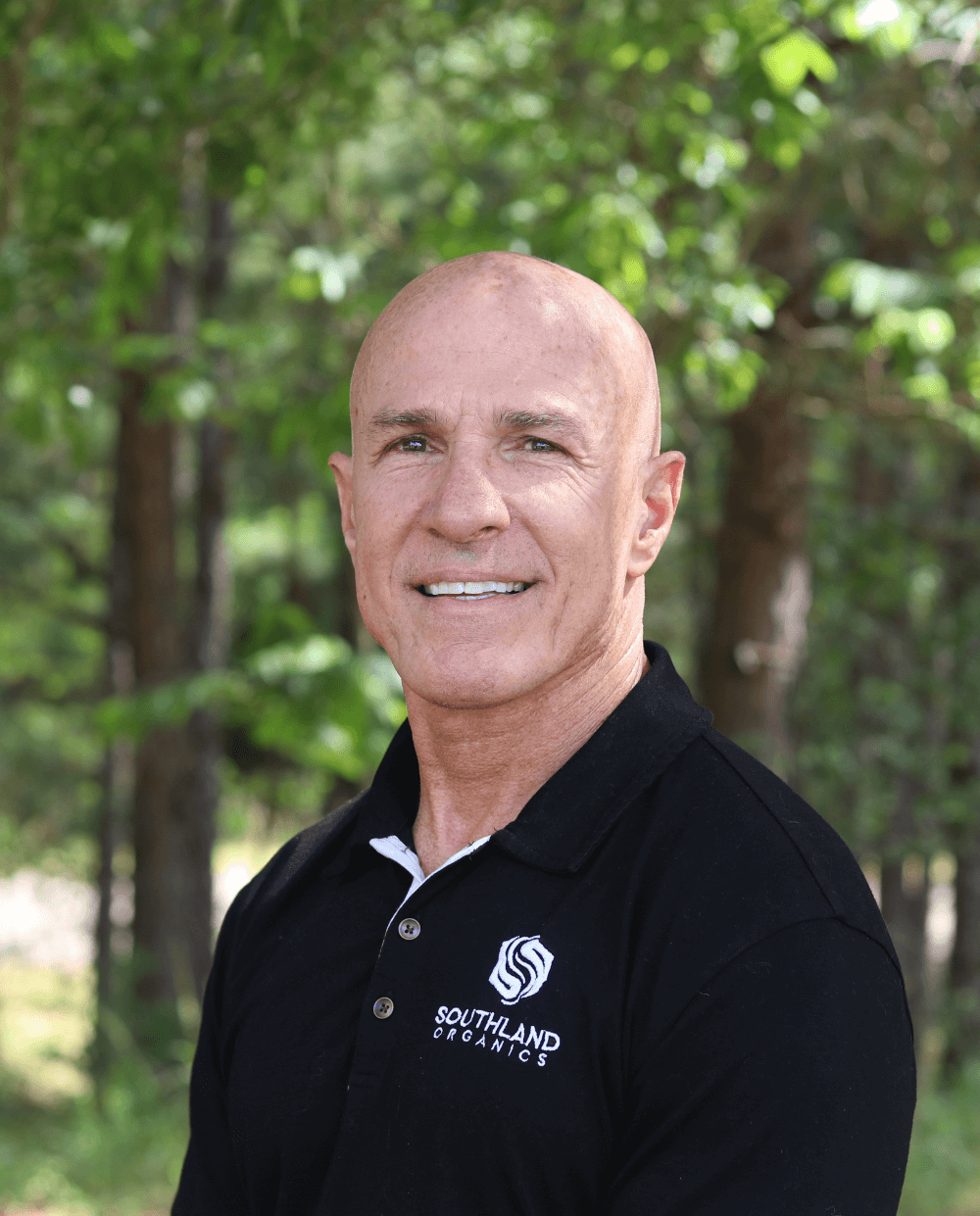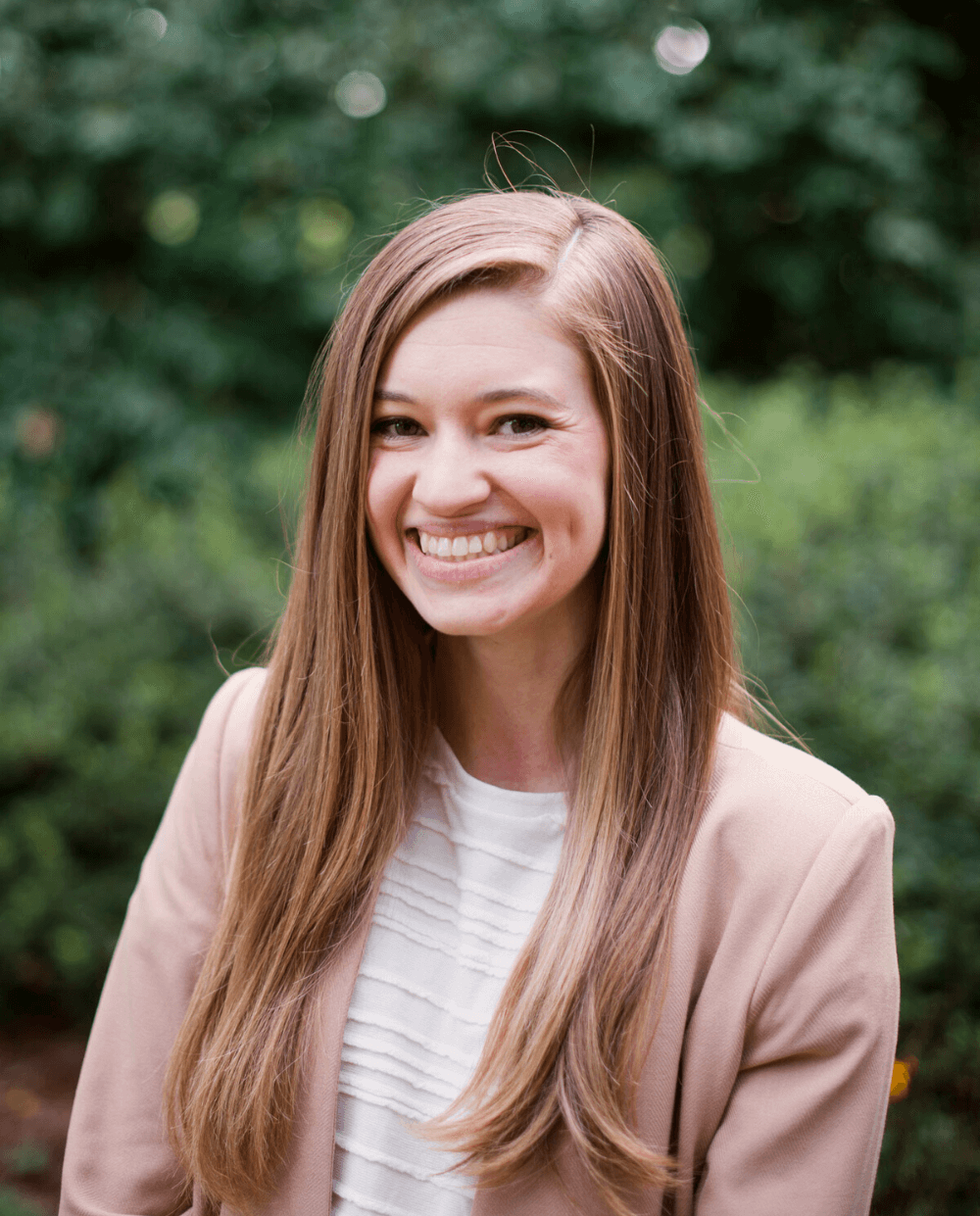"Allen, I don't know what's going on. We consistently do well. We haven't changed a thing."
Maybe that’s the problem.
I came across a concept a few years ago called "normalization of deviance." Hang with me. This is an important one.
What Is Normalization of Deviance?
Normalization of deviance is a concept that comes into play when risky or substandard practices become normal simply because they don’t cause immediate consequences.
A classic example comes from NASA. When the Challenger exploded, engineers already knew about problems with the O-rings in the solid rocket boosters. They had seen issues before without catastrophic results, so NASA kept accepting the risk. It was “okay” until it wasn’t, leading to disaster for NASA and the lives of many people.
How This Applies to Poultry Growers
I read an article by Dr. Brian Fairchild at the University of Georgia titled Better Feed Conversion in Broilers is All in the Details.
And that’s exactly it. The details are often the first things to slip when normalization of deviance sets in.
Maybe you haven’t had dermatitis breakouts, so you don’t walk your birds as often. Maybe your water tested fine five years ago, so you haven’t checked pH lately. Maybe your water consumption is down a little each flock, but you’ve just accepted it.
Each of these “small” things may seem harmless—until they’re not.
More Common Areas
-
Water pressure: It may seem fine, but have you tested it lately? What about checking the regulator screen at your main water source?
-
Generators: Just because it fired up last year in an emergency doesn’t mean it’s reliable now.
-
Belts and equipment: High-quality belts may be guaranteed for 10 years, but if you’re not checking them, you could still face failure at the worst time.
These are just a few examples. If you look back at our 290+ videos, you could probably create your own checklist of the things to stay on top of.
Why We Talk About This
This channel isn’t about “clickbait” or just getting views. In fact, some of our more practical videos, like one we did on troubleshooting, may not rack up the biggest numbers, but they help growers. That’s the point.
So while this topic may not be flashy, it matters. Because just because you’ve gotten by with something doesn’t mean it won’t eventually cause a catastrophe on your farm.
A Common Grower Conversation
I hear this often:
"Man, we are usually right there at least in the middle, if not on the top. I don’t know what’s happened. You know, we’re good growers, but we do the same thing. And now all of a sudden something’s happened."
It’s not always because of normalization of deviance, but many times, you’ll hear growers say, “I used to do that, but not anymore.”
This is your business. It provides your livelihood and the lifestyle you want. It's important not to let the little things slide.
As Dr. Fairchild reminds us, better feed conversion is in the details. And those details are the first to go when we get too comfortable.
Contact Us
I hope this helps as a reminder and an encouragement. If there’s anything we can do to support you, email me at allen@southlandorganics.com. Until next time!






